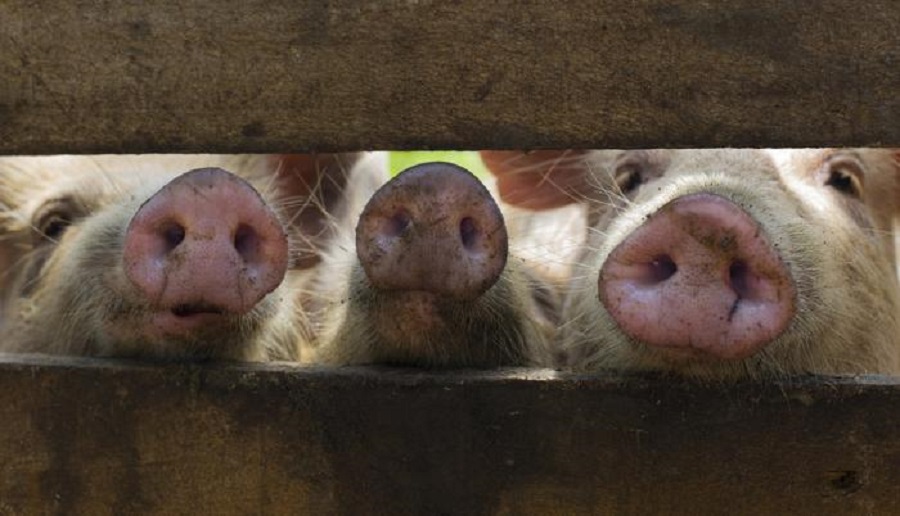RIO DE JANEIRO, BRAZIL – The group decision was taken “given the reintroduction of the virus” in the continent and was endorsed in a joint statement signed by CAN secretary general Jorge Hernando Pedraza, and CVP pro tempore president Diego De Freitas.
The agreement includes Bolivia, Colombia, Ecuador, and Peru, countries that make up the CAN, and Argentina, Bolivia, Brazil, Chile, Paraguay, and Uruguay, members of the CVP.

“It is essential that the nations forming both blocs implement coordinated measures to prevent the spread of this disease, thus enabling us to be prepared in the event of an emergency situation,” Pedraza said.
He added that the agreements are part of a technical cooperation convention signed between the two organizations in March 2020 with the goal of maintaining and improving health conditions in the 9 countries, strengthening the competitiveness of animal products in international trade and preventing the entry of exotic diseases into the region.
In this respect, the organizations agreed to work jointly to reinforce health barriers, mainly at ports and airports, as well as to enhance the control of passenger baggage coming from affected areas worldwide and the control of goods received by mail.
In addition, to reinforce surveillance and bio-safety on pig farms, to assess and strengthen the diagnostic capacity of laboratories, communication between veterinary services and the training and education of veterinarians, as well as the availability of technical information on official websites.
The CAN report that African swine fever had not been detected for 40 years in Latin America, but the Dominican Republic notified the World Organization for Animal Health (OIE) last July.
It added that ASF “is an exotic, infectious, highly pathogenic, cross-border, hemorrhagic disease that affects domestic and wild pigs, with a high rate of contagion.”
It causes high mortality in these animals and, although it is not transmitted to humans, “it generates important direct and indirect losses in the entire production chain and represents an obstacle to international trade,” the organization warned.
The Inter-American Institute for Cooperation on Agriculture (IICA) on October 8 alerted that the presence of African swine fever in the Americas poses a risk to food security and called for a regional effort to contain and eradicate it.
IICA, based in San José, Costa Rica, said that the disease must be tackled jointly in Latin America and the Caribbean, as its appearance in the Dominican Republic and Haiti represents a threat to food security throughout the region and to the livelihoods of small and medium-sized producers.
The disease was last detected in Cuba in 1971 and 1980, in Brazil and the Dominican Republic in 1978, and in Haiti in 1979. However, cases were confirmed in the Dominican Republic last July and in Haiti in September. The two countries share the island of Hispaniola in the Caribbean Sea.

